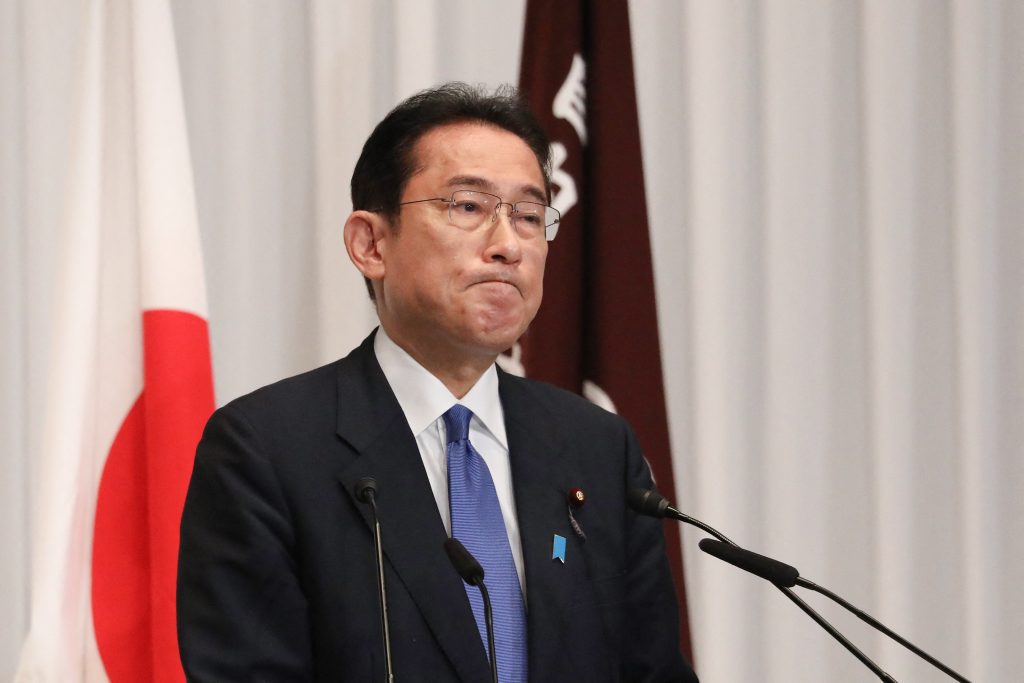
- ARAB NEWS
- 11 Jul 2025

TOKYO: The government of incoming Japanese Prime Minister Fumio Kishida will face the pressing task of ensuring stable Imperial succession, including securing enough members of the Imperial Family to conduct official duties.
Princess Mako’s planned marriage to a commoner means that she will have to leave the Imperial Family, bringing the number of its members to 17.
The government is seen considering options without changing the tradition of patrilineal succession.
The Imperial Family may suffer a shortage of members available for duties and an increase in the burdens on each member if other female members get married.
“We should continue discussions while ensuring that they are conducted in a quiet environment,” Chief Cabinet Secretary Katsunobu Kato said Friday.
Kishida declared his opposition to emperors from the maternal bloodline during his campaign in the ruling Liberal Democratic Party’s leadership election Wednesday, backing the current system of allowing only male descendants in the family’s paternal line to ascend the throne.
He called for considering measures such as restoring the Imperial Family status of those who left the family soon after the end of World War II.
Kishida is expected to stick to this position, as his government is believed to be heavily influenced by conservative LDP members such as former Prime Minister Shinzo Abe. Kishida appointed Sanae Takaichi, who also opposes matrilineal emperors, as the LDP policy chief.
In July, an expert panel under the administration of outgoing Prime Minister Yoshihide Suga said that the government should prioritize discussions on two possible solutions–allowing female members to stay in the family after marriage and restoring the Imperial Family status of male descendants of those who left the family by allowing adoptions.
“It is important to keep a certain number of Imperial Family members,” a senior government official said. At the same time, the official stressed that maintaining a paternal line is crucial, saying, “bloodlines are significant.”
The expert panel is slated to resume deliberations under the Kishida government. But concrete steps, including system revisions, to be taken are expected to come after the upcoming general election for the House of Representatives and next year’s House of Councillors election.
The Kishida administration is likely to deal with the issue sensitively, as any solution requires public understanding and broad support from both the ruling and opposition blocs.
Jiji Press